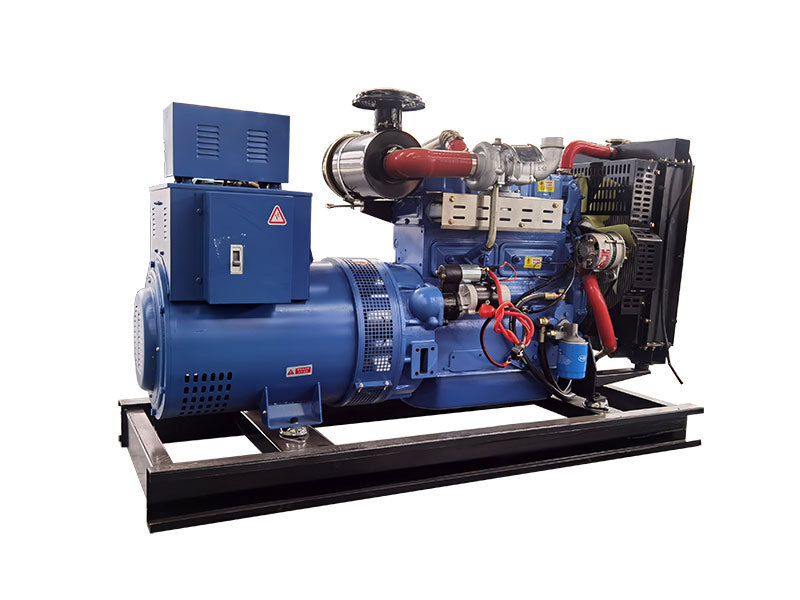The Importance of Power Quality Monitoring
Have you ever wondered how critical power quality is to the performance of generator systems? To be honest, power quality monitoring is crucial for ensuring efficient, reliable, and safe operations. Poor power quality can lead to equipment damage, decreased productivity, and even safety hazards.
Understanding Voltage Stability
Voltage stability refers to the ability of a power system to maintain steady voltages under various operating conditions. Interestingly enough, voltage instability can result in blackouts or equipment damage. By monitoring voltage stability, operators can identify potential issues before they escalate, ensuring a more reliable power supply.
The Challenge of Harmonic Distortion
Harmonic distortion is a common issue in modern power systems. Non-linear loads, such as variable speed drives and power electronic devices, can introduce harmonics into the system, causing overheating, equipment malfunction, and decreased power factor. Power quality monitoring helps identify and mitigate harmonic distortion, preserving system longevity and performance.
Addressing Power Factor Issues
Power factor is a measure of how effectively electrical power is being used. A low power factor indicates poor efficiency and can lead to increased energy costs. By monitoring power factor, operators can identify opportunities to optimize system performance, reducing wasted energy and saving money.
Practical Applications: Improving Power Quality Monitoring
Conclusion: The Future of Power Quality Monitoring
As power systems become increasingly complex, the need for effective power quality monitoring will only grow. By staying informed about the latest trends, technologies, and best practices, operators can ensure that their generator systems are running smoothly and efficiently. So, if you want to keep your generator systems performing at their best, remember: power quality monitoring matters.





